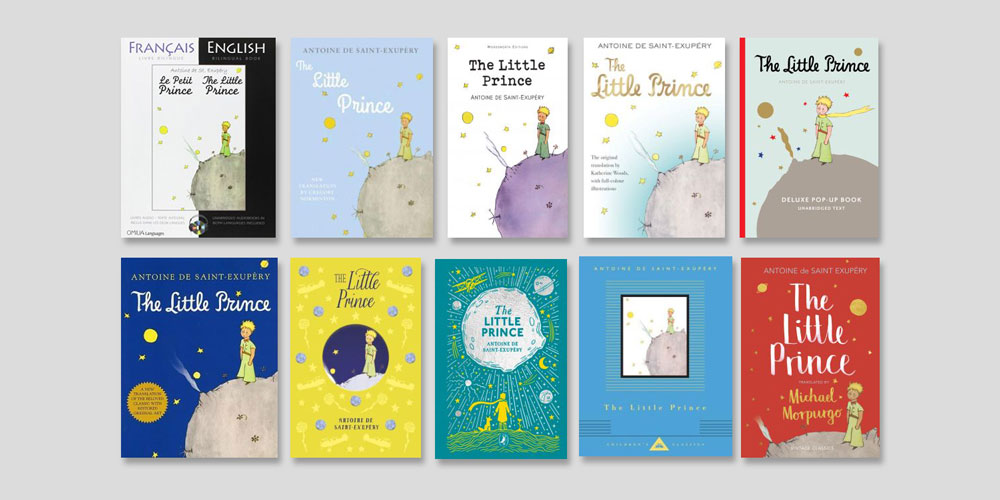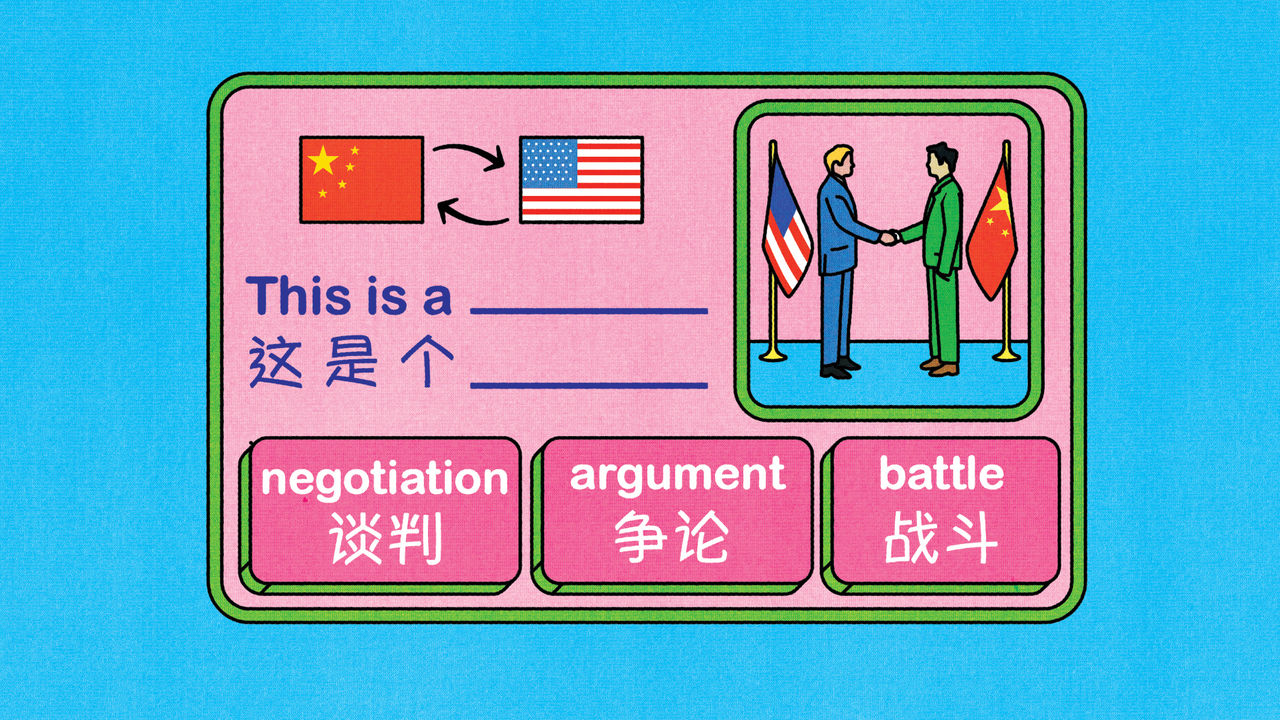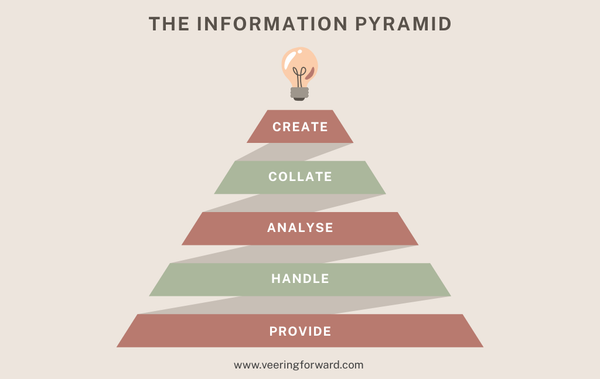Will AI take my job? Part 2
Does the advent of AI mean that many jobs will disappear? An analysis based on a Microsoft Research paper and a deep dive into one occupation.

I was planning to write about a few studies on AI's ability to reason and "think outside the box", but I came across a paper from Microsoft Research titled Working with AI: Measuring the Occupational Implications of Generative AI and it's too good to pass up.
Here's a brief outline of the study (a combination of responses from ChatGPT, Claude Sonnet 4.0, Gemini 2.5 Pro, and my own edits).
The researchers looked at how closely various job tasks aligned with the capabilities of large language models (LLMs) by analysing 200,000 anonymized conversations between users and Microsoft Bing Copilot to understand how people actually use AI for work activities.
They classified both the user's goal in the conversation and the AI's action, then considered how often users (1) asked AI to assist with tasks relevant to an occupation (coverage), (2) the ability of AI in executing a task (completeness), and (3) how much AI contributed towards the task (scope).
The researchers then mapped these activities to a list of occupations in order to calculate an "AI applicability score" for various occupations.
Let's start by looking at the top and bottom five occupations from this analysis.
Occupations with the highest AI applicability score
| Job Title | Coverage | Completion | Scope | Score |
|---|---|---|---|---|
| Interpreters and Translators | 0.98 | 0.88 | 0.57 | 0.49 |
| Historians | 0.91 | 0.85 | 0.56 | 0.48 |
| Passenger Attendants | 0.80 | 0.88 | 0.62 | 0.47 |
| Sales Representatives of Services | 0.84 | 0.90 | 0.57 | 0.46 |
| Writers and Authors | 0.85 | 0.84 | 0.60 | 0.45 |
Occupations with the lowest AI applicability score
| Job Title | Coverage | Completion | Scope | Score |
|---|---|---|---|---|
| Dredge Operators | 0.00 | 0.99 | 0.22 | 0.00 |
| Bridge and Lock Tenders | 0.00 | 0.93 | 0.39 | 0.00 |
| Water Treatment Plant and System Op. | 0.00 | 0.92 | 0.44 | 0.00 |
| Foundry Mold and Coremakers | 0.00 | 0.95 | 0.36 | 0.00 |
| Rail-Track Laying and Maint. Equip. Op. | 0.00 | 0.96 | 0.27 | 0.00 |
If you're wondering what some of the jobs are, you're not alone.
Dredge operators "remove sand, gravel, or other materials in order to excavate and maintain navigable channels in waterways".
Passenger attendants "provide services to ensure the safety of passengers aboard ships, buses, trains, or within the station or terminal. Perform duties such as explaining the use of safety equipment, serving meals or beverages, or answering questions related to travel". Flight attendants are classified as a different occupation.
You can look up definitions of other occupations on the O*Net website (it's a US based system, the Australian equivalent is probably ANZSIC).
You can see a distinct split between the occupations in the two tables. The bottom five occupations all involve physical labour, whereas the top five, besides parts of what passenger attendants do, are "knowledge work". Part of it is intuitive - an LLM can't complete a physical activity (for now). Think about how we interact with LLMs - we ask questions in native language and they provide answers in native language. Of course they'd have greater applicability to occupations where the work outputs can be expressed in text.
If workers can interact or leverage the capabilities of LLMs in other ways, I expect the list of occupations to switch around a bit.
The researchers cautioned against a simplistic interpretation of their analysis.
It is tempting to conclude that occupations that have high overlap with activities AI performs will be automated and thus experience job or wage loss, and that occupations with activities AI assists with will be
augmented and raise wages. This would be a mistake, as our data do not include the downstream business impacts of new technology, which are very hard to predict and often counterintuitive
They also noted limitations of the study. Here are a few worth pondering upon.
Our data do not indicate that AI is performing all of the work activities of any one occupation ... even when there is overlap [between AI capability and a work activity], the task completion rate is not 100% and the scope of impact is usually moderate.
We are only able to analyze the data from one widely used, publicly available LLM. Different people use different LLMs for different purposes.
Decomposing an occupation into its work activities, while standard practice in the literature, does not provide a complete representation of every occupation: the connecting glue between tasks also contributes to the value of work.
The topic of this newsletter is "will AI take my job?", and I want to explore that a bit further, by examining the occupation with the highest AI applicability score - interpreters and translators. Does the advent of AI mean that these jobs will disappear?
Before we dive in, here's an brief explanation of how LLMs translate (from Gemini 2.5 Pro):
Large Language Models (LLMs) translate text by first learning the statistical patterns between languages from enormous datasets of pre-translated documents. When you provide text, the model doesn't swap words one-for-one; instead, it encodes the entire sentence into a numerical representation that captures its abstract meaning and context. The model then decodes this meaning into the target language by probabilistically generating a new sentence, word by word. Throughout this process, an attention mechanism allows the model to continuously refer back and focus on the most relevant parts of the original text, ensuring the final translation is not only accurate but also fluent and context-aware.
The case for AI taking jobs from interpreters and translators
Any of us can ask an LLM to translate (and even before LLMs, we had Google Translate). The process is straight forward:
Input: Translate the following into [Language B] - [text in Language A]
Output: Text in Language B
Below are images of two government brochures, one in Arabic and one in English. This brochure is available in seven languages on the department website.


Two brochures from Australian government, one in Arabic and one in English
Before the existence of online translation tools, the government would have to employ a team to translate what they want to publish from the original English text into other languages. Maybe they still do so now, but I can imagine someone in the department using an LLM to translate a document from English into multiple languages, and send both the original English text and the AI translations to human translators to edit before publishing. One translator will now be able to review and edit a volume of text that used to take a team to translate.
Also, because the government already has a catalogue of human translated text, they have ready-made "ground truth" - data to train an LLM to translate with a similar tone and "voice", improving the quality of the AI translation.
If every organisation follows this path, the number of translator jobs will reduce materially.
The case against AI taking jobs from interpreters and translators
Now - it is possible that, even in the above scenario, we may not see a reduction in translator jobs at an organisational level.
The government may choose to translate the above brochure into 20 languages instead of seven. Or a company may use their team to translate more booklets, brochures and website content to reach more non-English speakers. In other words, some may choose to maintain their current staff level but increase their productivity.
I've used the AI live translate function on my phone, and read AI generated live translations online. Right now, the technology is passable at best. If someone is speaking slowly and talking in a relatively formal manner, the quality of translation is reasonable. But AI struggles with fast paced conversations, especially where slangs are used (a human interpreter may also struggle, but they can choose to focus on one strand of conversation, whereas LLMs often gets confused and returns gibberish).
If you're a business or the government, are you willing to rely on LLMs to translate or interpret, even if there is a human in the loop? Is it possible that an LLM would make so many errors in the first translation that it will take a human longer to edit than to translate from scratch?
As a bilingual, I'm aware that translation and interpretation are more art than science. Often I'd read a translation and go "gosh why did they translate it this way?"
I don't translate often, but when I do, I'd consider whether to place more emphasis on literal meaning (keeping the actual words used in the original text) or on factual meaning (conveying the message of the original text). Then there are factors such as tone and conciseness.
As an example, this is a review of different English translations of The Little Prince by Antoine de Saint-Exupéry.

When it comes to live translation - the occasion, the audience, and the body language of the speaker may also influence how an interpreter will translate.
This article by The Economist outlines some of the challenges in translation for diplomacy (the article is behind a paywall - below is a gift link).

Joe Biden liked to call China a “competitor”, which seemed less harsh than “opponent”, a term he used to describe Russia. But the distinction may have been lost in China. Whereas the English word “competition” comes from the Latin for “strive together”, the Chinese equivalent in geopolitical contexts, jingzheng (競爭), often sounds more zero-sum, meaning to struggle at the expense of one’s opponent.
I don't think the US or Chinese government will rely on LLMs to translate or interpret their bilateral talks any time soon.
What will happen?
The future is probably somewhere in between.
The scenario of having LLMs to translate first then for humans to edit is likely a reality already. Some may take the risk and rely on LLMs entirely without human review - I'm sure we'll come across some "interesting" AI translations in advertisements and online content in the foreseeing future.
On the other hand, there are translations where accuracy, nuances, and tone are paramount. I already mentioned diplomacy above. Until the technology improves, humans are likely to feature prominently in high stake translations such as legal contracts or business negotiations.
There is an additional consideration. Because most of us have access to LLMs and other online translation tools, many people may no longer view learning a different language as a vital skillset, and/or start accepting LLM translations without question.
In my opinion, that will be a step backwards.
Language is a window to culture - words that are unique in one language reflect the history and psyche of the people speaking the language. The ability to speak different languages can expand your thinking and perspectives.
And as a society, having "generic" translations may lessen the effectiveness of communications between countries and their citizens, and dull the "bright diversity" of other cultures to those who don't speak their language.
Why don't you ...
If you're monolingual - find a book originally written in another language and read different translations (including by LLMs) to compare and contrast.
If you're bilingual or multilingual, pick a passage written in language A and translate it into language B, then use a few LLMs to translate the same passage. How similar are the translations? Do you disagree with any of the LLM translations?
Programming note
Yes, this newsletter is late. I was not feeling 100% early last week and I had plans last Friday, which means I didn't get a chance to catch up.
I hope to publish the next newsletter on time this Friday.
Thank you for reading and understanding!
Vee







